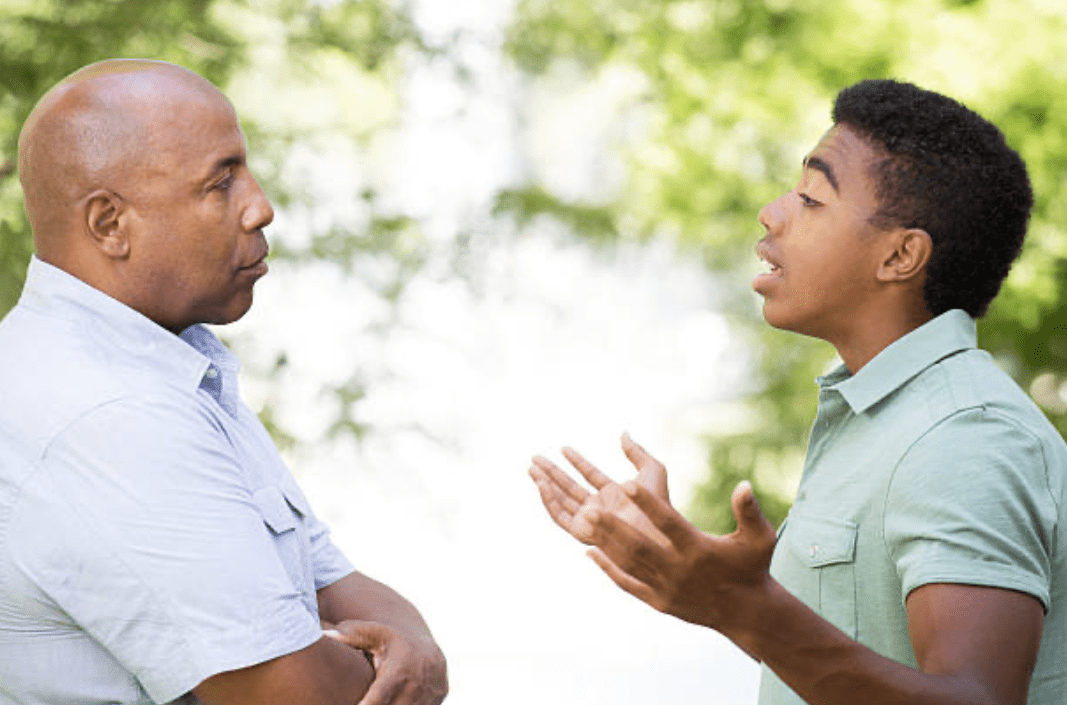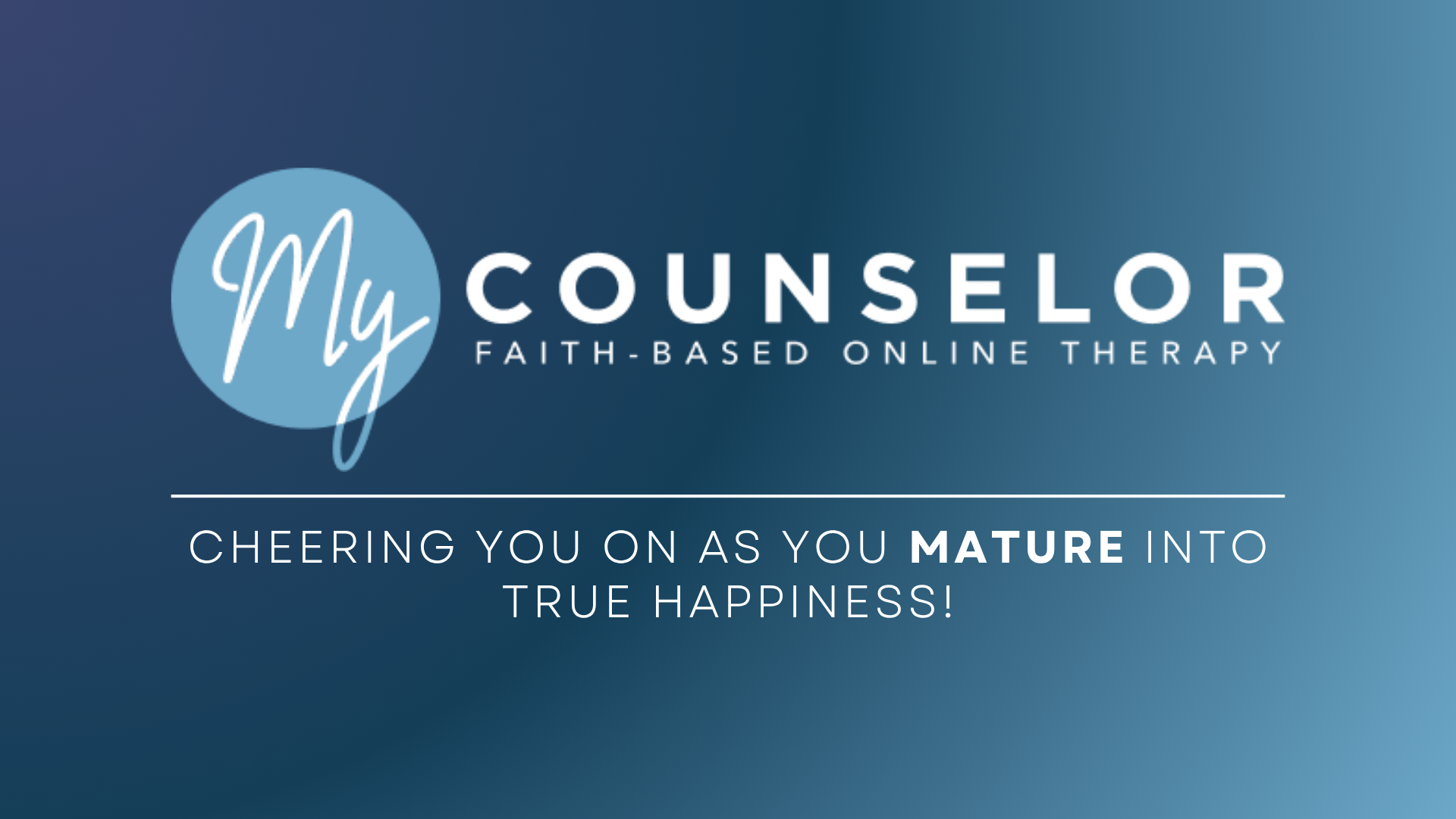Selfcare: Is it Selfish?
This article is based on scientific evidence and clinical experience, written by a licensed professional and fact-checked by experts.
Posted: January 12, 2024
Estimated reading time: 3 minutes
In This article

One of the most common questions I have seen people both in my personal and professional life wrestle with has been “is selfcare selfish?” As Christians, we often tend to struggle with not only this question, but an even bigger one, “is selfcare biblical?” We are called to live sacrificial lives, so how does selfcare fit into that? My hope in this article is to start the discussion around what exactly is selfcare, what does the Bible have to say about it, and what are some examples of selfcare.
So what is selfcare?
Simply put, selfcare is the practice of doing activities that promote physical, mental, emotional, and spiritual health. Selfcare is about making sure your cup is not empty, about finding healthy ways to manage stress, about understanding your social needs and needs for connection, and most importantly about drawing near to God. All of these are things that a crucial to us as humans. The reality is that we are finite beings. Meaning we do not have infinite amounts of energy, emotional capacity, and we have needs. Selfcare means we recognize this and actively take steps to address these things. When I was walking through my own journey are figuring out selfcare and what this means for me as a Christian, I kept coming back to the moments in the Bible where we see Jesus retreat and seek solitude. Jesus demonstrated the importance of stepping back and connecting with God, which for us a Christians, is the first and most important step in selfcare. We also see Jesus create his community in 12 apostles and then even smaller with His inner circle of Peter, James and Jon. See God created us to connect to other people and to be in community, so while time alone is important for selfcare, so is building our community and spending time with our community. Jesus demonstrates this balance of retreating and connecting all throughout His time on earth. Finally, I think one of the biggest points in the Bible that shows that God is for selfcare can be found in the second chapter of the Bible. Genesis 2:2 says “And on the seventh day God ended his work which he had made; and he rested on the seventh day from all his work which he had made.” God rested. God Himself demonstrates the importance of rest, even though He is infinite, and takes a sabbath. These are just a few of the Biblical concepts that I came back to in my own journey in discovering healthy selfcare. Ultimately, I believe that selfcare, when done right, is Biblical. However, what is important is that each person takes the time to dive into the Word and understand selfcare from a Biblical perspective on their own. Now that we have briefly covered the definition of selfcare and done a brief overview of some areas we see selfcare demonstrated in the Bible, lets get practical. What are some ways we can practice selfcare? Ultimately selfcare is personalized to each person, as we are all unique, so the most important thing is learning to attune to yourself and figure out what works for you. Starting on a very basic level, self care can mean eating enough throughout the day to fuel your body, getting enough sleep, taking a warm shower/bath and meeting all your basic human needs. Selfcare can also look like exercising, spending time out in the sun to get some
vitamin D, spending time with people that are life giving to you or recognizing your need to be alone and giving yourself permission to do so, it can be doing a puzzle, reading a book, or any other thing that feels replenishing to you. Remember our relationship with God should be at the center of our selfcare. Spending time alone with God and in community with God, listening to worship music, meditating on scripture, or any other practice that you feel brings you closer to God is going to be the first step in yourself care journey. I hope this article has helped you to start thinking of what selfcare looks like for you and has helped to feel a bit more comfortable with giving yourself permission to care for yourself. Take time to attune to God and to your body and find what works for you.
This article is based on scientific evidence and clinical experience, written by a licensed professional and fact-checked by experts.
About the Author

Emily Hurst
Emily Hurst MS, LPCC, has a Master’s degree from Evangel University. She is a Licensed Professional Counselor Candidate, holding her license in Colorado.
Learn More About EmilyShare this article
View more articles

Navigating Conflict and Reconciliation with Adult Children: Practical Tips for Parents
By: Danielle Schaefer







